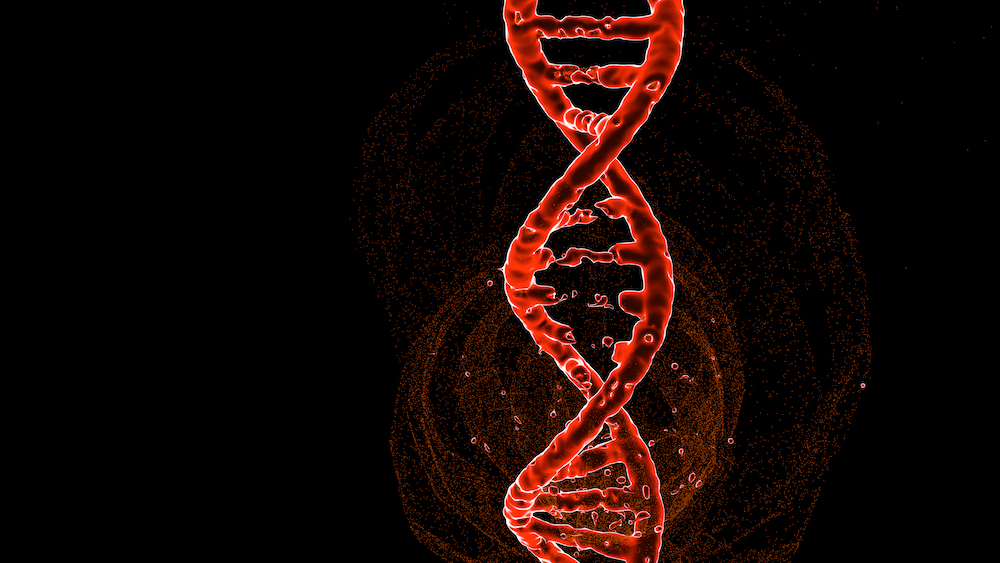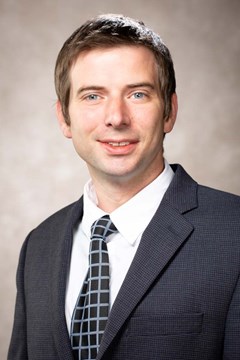Gene Editing

Gene Editing/HNRS 300VH (027)
MONDAYS, 5-6:15 p.m., SPRING 2022
GEAR 129
Note: No application required. This is a one-credit course. Only register for one hour of credit.
The discovery and application of CRISPR has provided researchers and clinicians with new tools to correct genetic disorders, produce next-generation biofuels, create disease resistance crops, eradicate malaria-carrying mosquitoes, and more. However, the misuse of this technology has made headlines including the infamous editing of human embryos resulting in the birth of the first genetically modified humans.
This course will cover the basics of genetics, heredity, and the new tool that gives researchers and clinicians the ability to alter our DNA: CRISPR. We will explore the origins of this exciting tool, investigate cutting-edge applications, and discuss the societal and ethical implications for each topic.
About Christopher Nelson:
Christopher Nelson received a Bachelor of Science from the University of Arkansas in 2009. During his graduate work, he developed biomaterials for RNA delivery to treat chronic disorders at Vanderbilt University. He performed postdoctoral research at Duke University demonstrating proof of concept for the use of CRISPR to treat Duchenne Muscular Dystrophy, a debilitating genetic disease. He now runs a laboratory at the University of Arkansas which seeks to apply safe and effect CRISPR-based treatments for a broad set of diseases. Christopher Nelson holds the 21st Century Professorship of Biomedical Engineering and his research is supported by the NIH and the American Society for Gene and Cell Therapy.